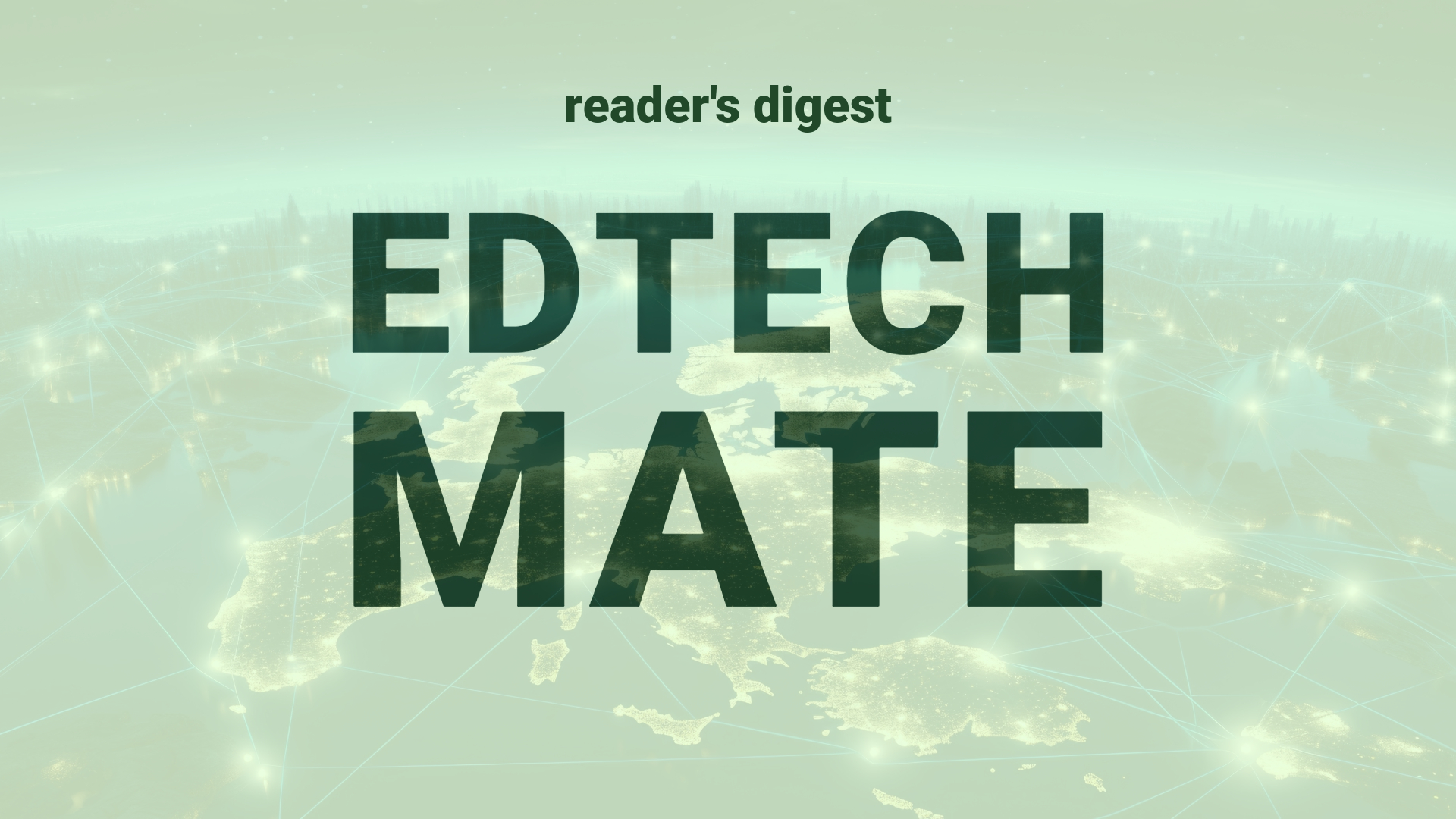“`html
Executive Summary and Main Points
Key innovations in the education sector have been driven by advancements in Artificial Intelligence (AI) and Machine Learning (ML). Digital transformation, underpinned by data management, has seen significant strides with generative AI. Sector-specific trends reflect a growing emphasis on model-agnostic strategies, scalable cloud-based infrastructures, and “human in the loop” processes, ensuring that AI applications are both efficient and accurate while maintaining human oversight.
Potential Impact in the Education Sector
The aforementioned developments will likely exert profound effects on Further Education, Higher Education, and the burgeoning area of Micro-credentials. Institutions adopting these technologies might experience streamlined administrative processes, enhanced customization of learning experiences, and predictive analytics for student success. Strategic partnerships with AI and cloud service providers could lead to an era of unprecedented digitalization in education, potentially democratizing access and tailoring educational pathways for diverse learner populations.
Potential Applicability in the Education Sector
Innovative applications of AI have the potential to revolutionize global education systems. AI-driven analytics can predict student performance, tailor curriculum, automate grading, and facilitate personalized feedback. Generative AI tools can assist in creating new educational content and resources, while natural language processing could augment language learning and literacy programs. The digital tools provide scalable solutions that can be customized to meet the specific needs of educational institutions worldwide.
Criticism and Potential Shortfalls
While these technologies represent exciting possibilities, they are not without their critics. Issues of data privacy, potential biases in AI algorithms, and the digital divide are significant concerns. Ethical considerations around the replacement of human decision-making with AI in sensitive areas like student assessment and admissions must be addressed. Real-world examples and comparative international case studies highlight the necessity for inclusive, ethical, and culturally sensitive applications of technology in education.
Actionable Recommendations
For technology to be effectively implemented in the education sector, leaders should focus on strategic partnerships with AI service providers while maintaining a commitment to ethical practices. Initiatives could include developing institution-specific AI ethics guidelines, establishing AI-literacy programs for staff and students, and investing in infrastructure that supports both the scale of AI applications and the human component of educational processes. Pilot projects using AI tools for administrative efficiency should be encouraged to showcase potential benefits and identify areas for improvement.
“`
Source article: https://www.cio.com/article/2069506/rocket-mortgage-lays-foundation-for-generative-ai-success.html

